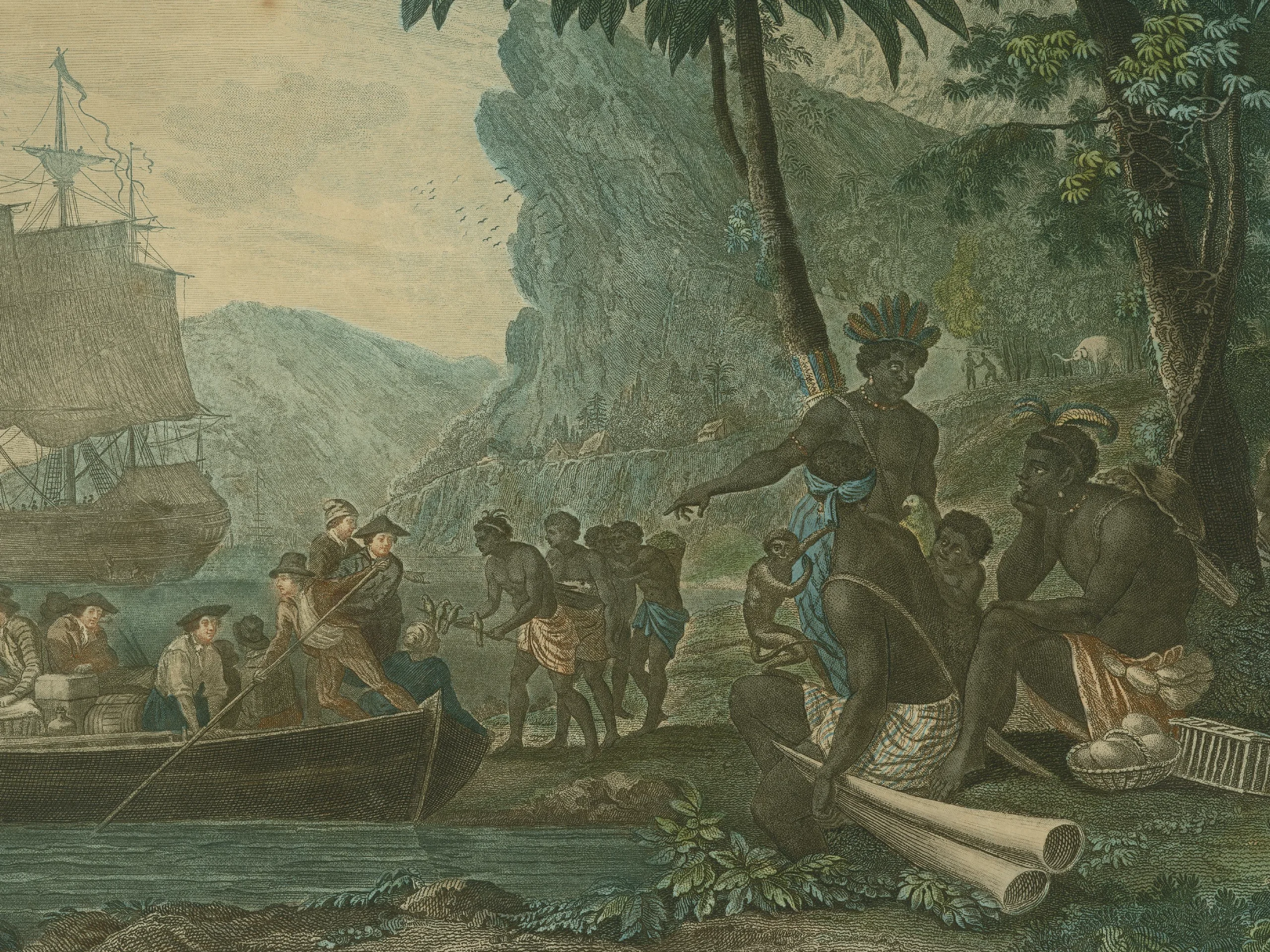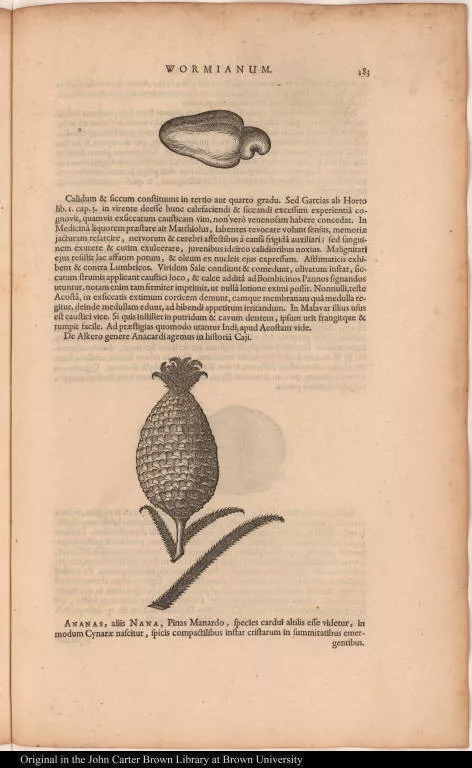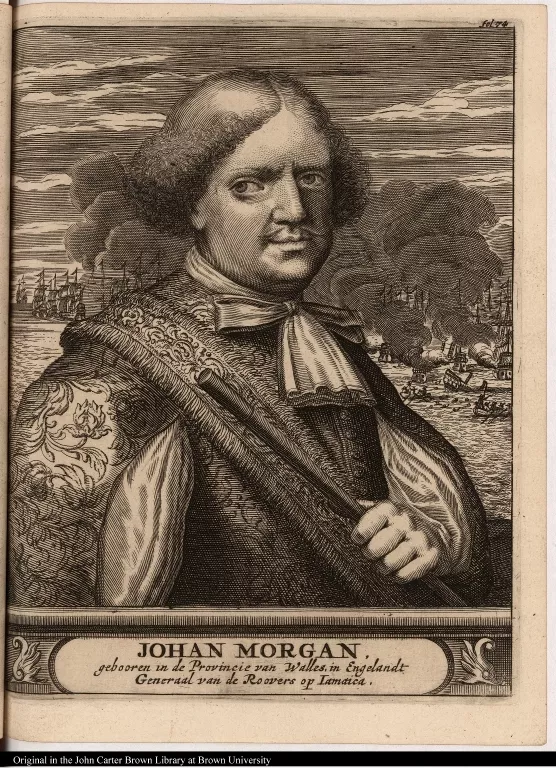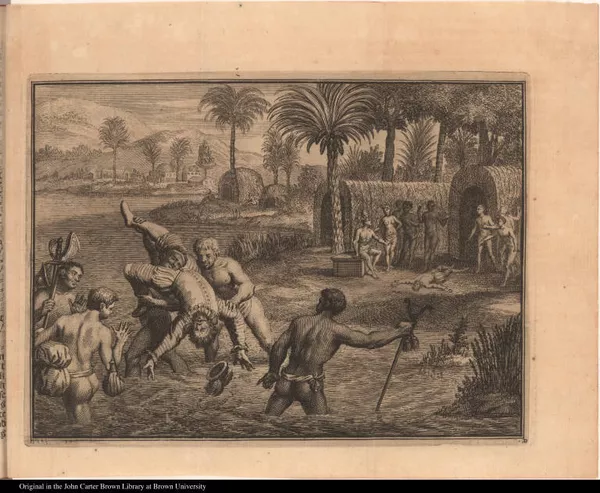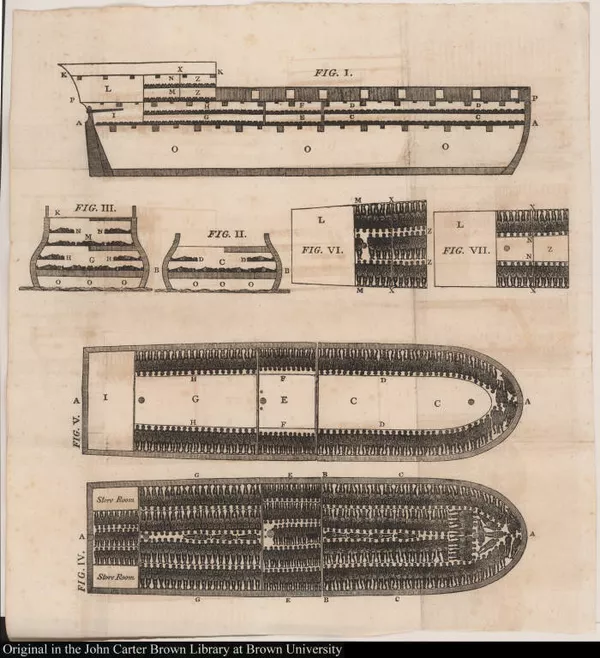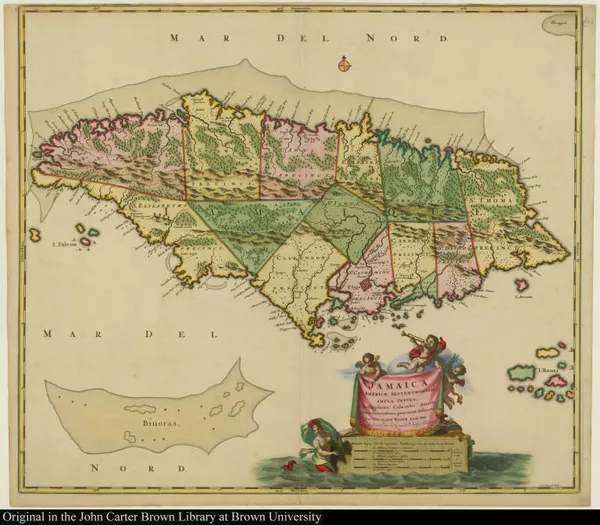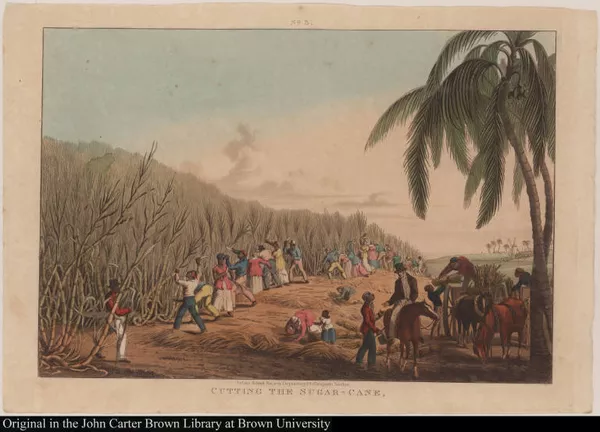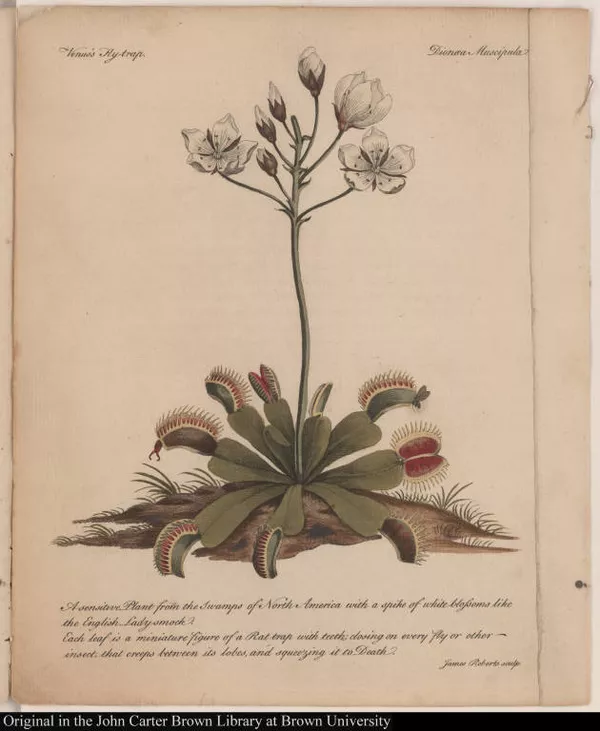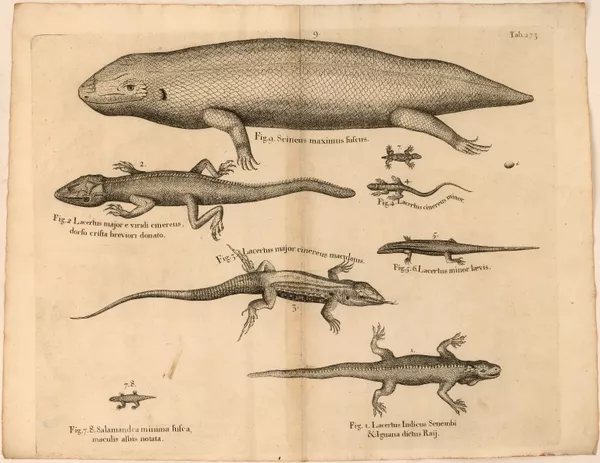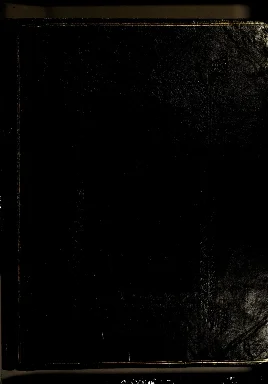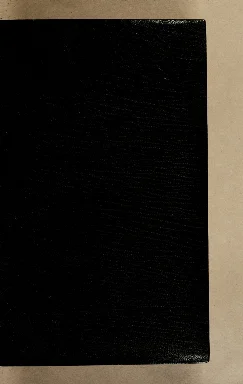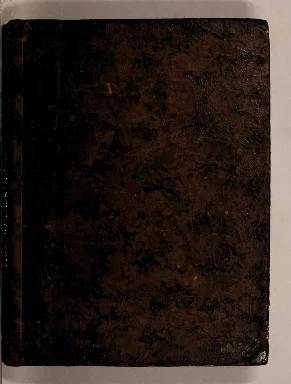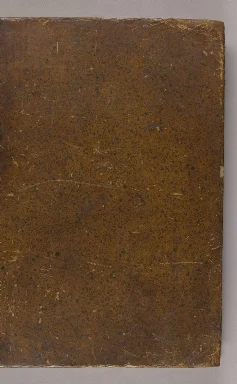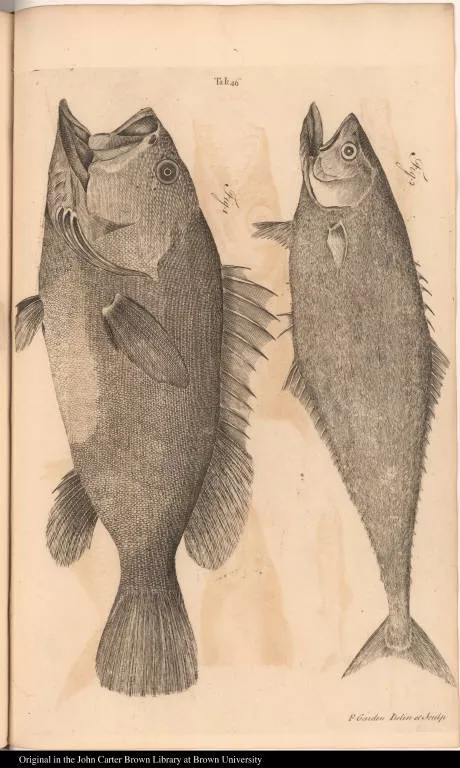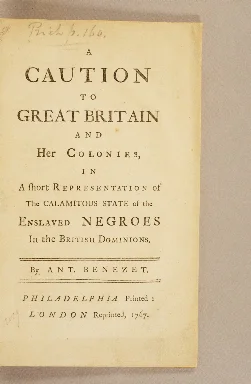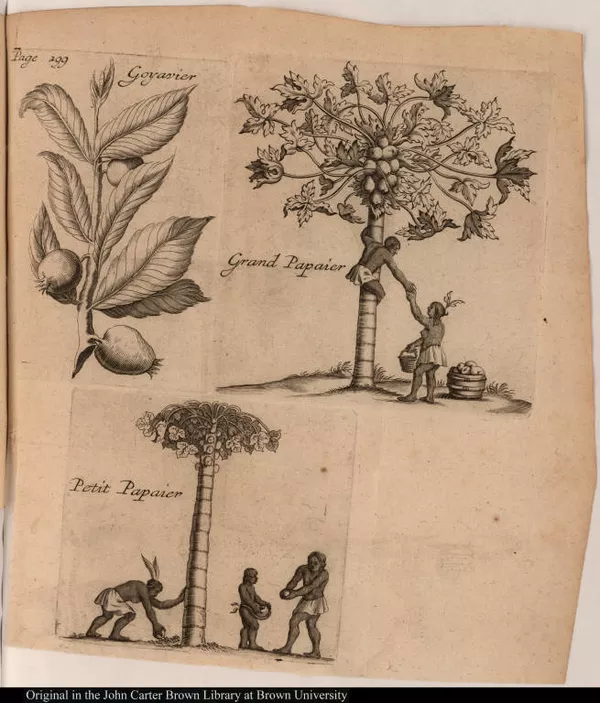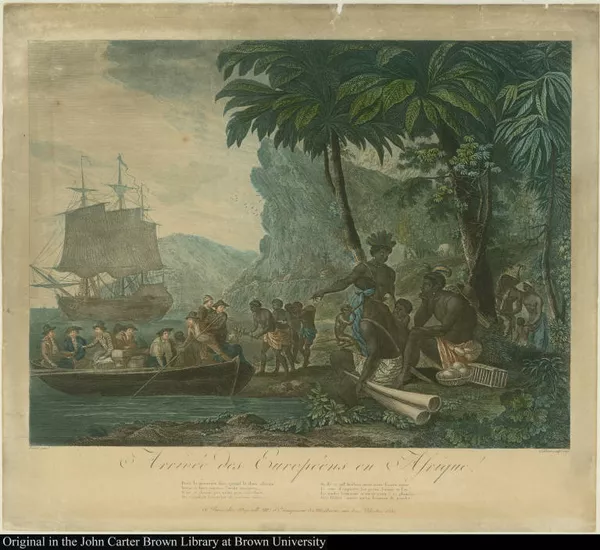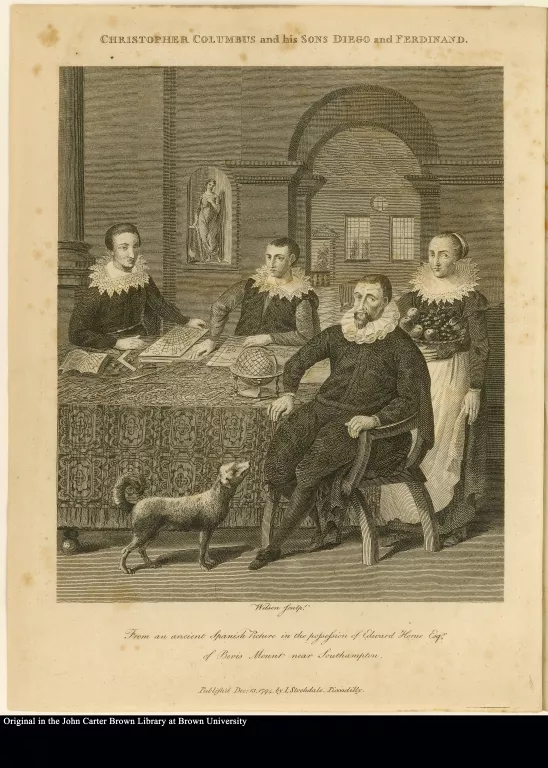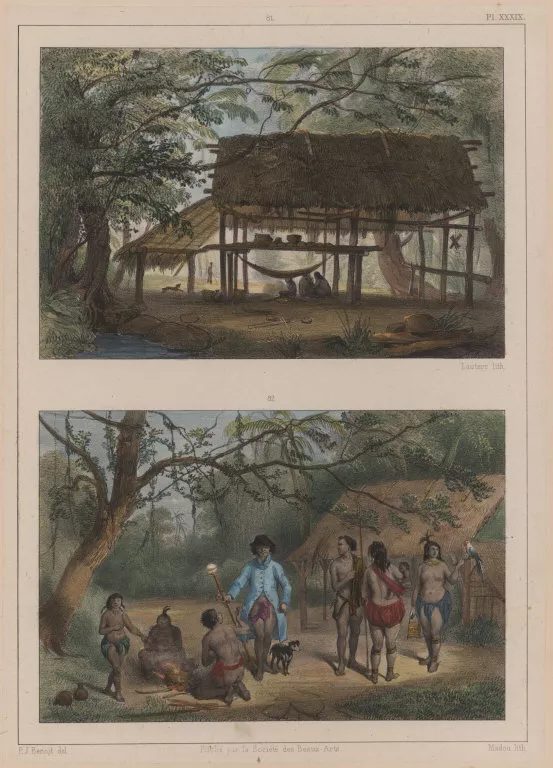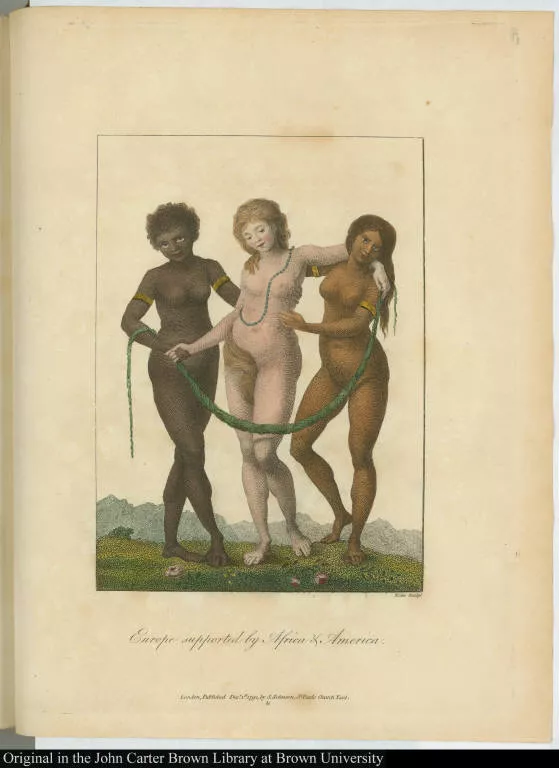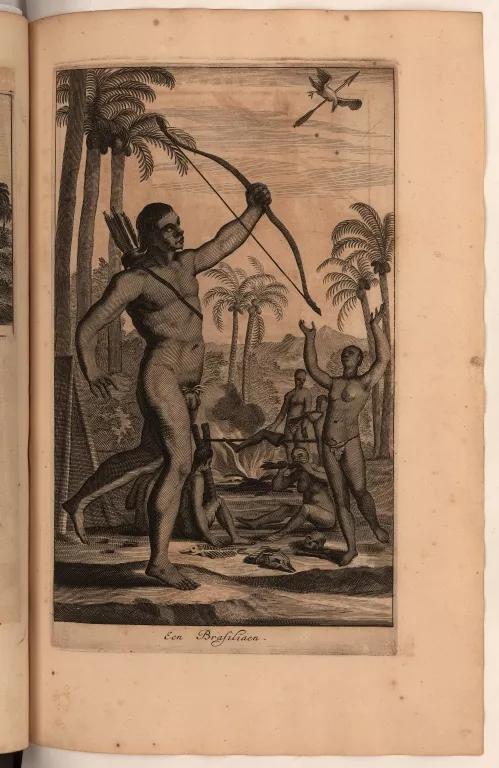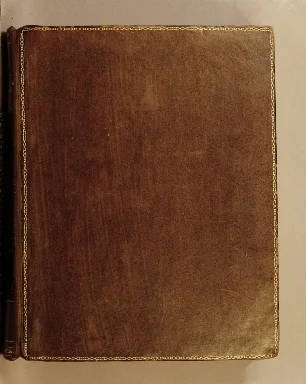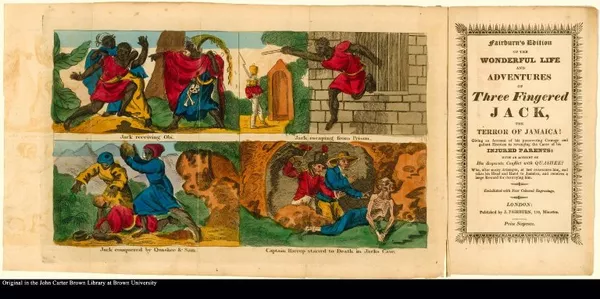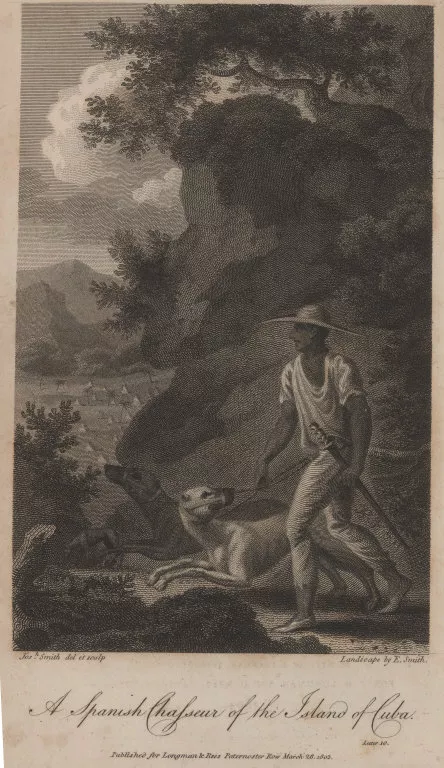Sloane's natural history included the study of plants, animals, minerals, climate, soil, topography, commerce and human populations. He conceived of their description as both a pious survey of the variety of the divine creation and a strategic reconnaissance of "one of the largest and most Considerable of Her Majesty's Plantations." This section explores some of the non-botanical objects Sloane collected (such as musical instruments) and Africans' contributions to collections like Sloane's. While Sloane actively participated in and benefited from the order of slavery in Jamaica, he nevertheless took pains to describe and preserve enslaved African cultural artifacts as few others did at the time. This section also explores African uses of works of nature and artifice that lay outside European knowledge systems and sometimes directly conflicted with them. Although practices like Obeah originated as material and spiritual resources for healing and attack within the Afro-Jamaican community, they became part of militant resistance to colonial authority. As the British came to realize, objects they ignored or regarded as mere curiosities might in African hands turn into weapons that could destroy the order of slavery.
